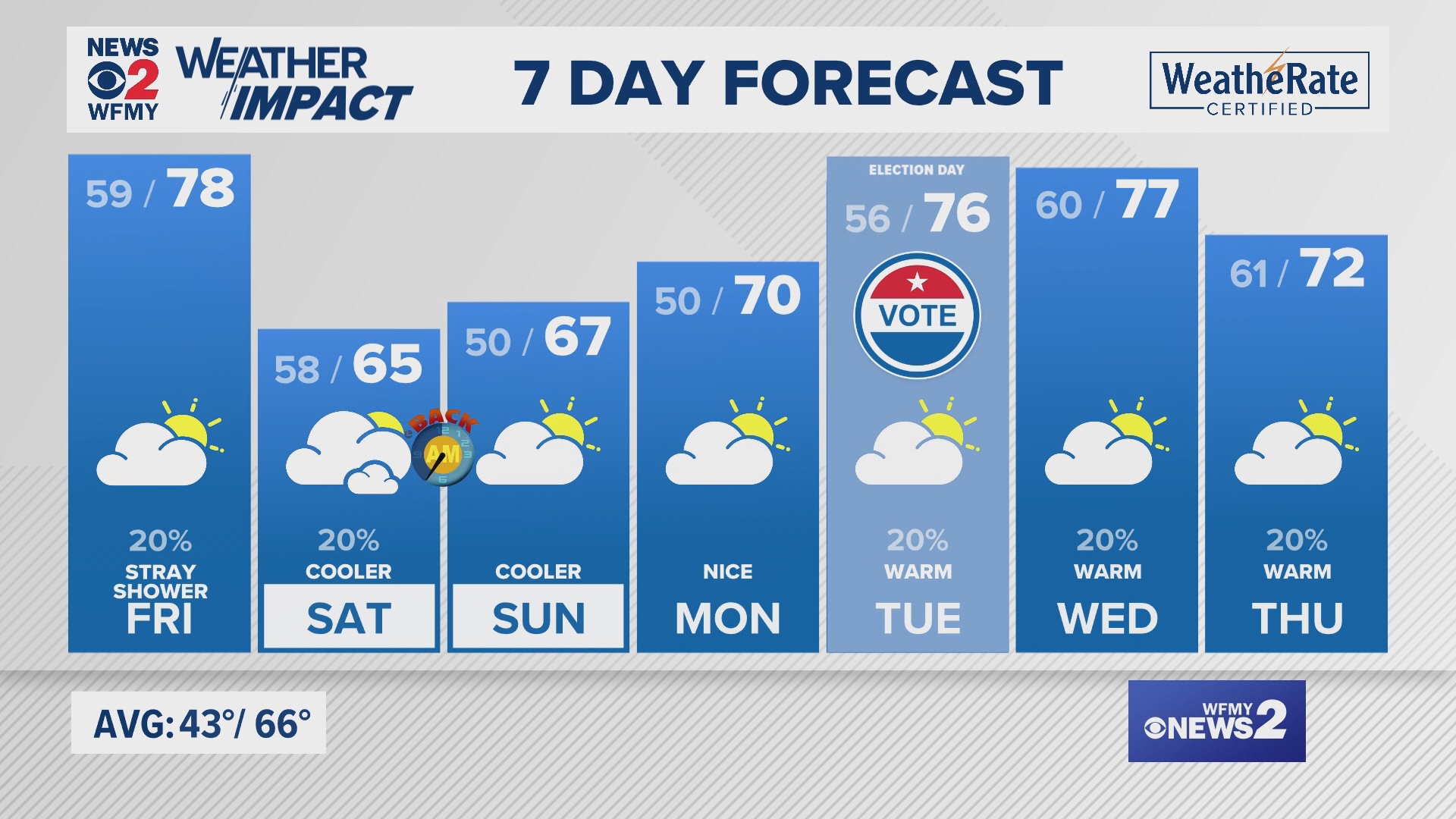CHARLOTTE, N.C. — Three men have been extradited from the United Kingdom and face charges tied to email fraud schemes that affected businesses and colleges in North Carolina, Virginia, and Texas. Of those three men, the Department of Justice (DOJ) said two are charged with defrauding Appalachian State University out of $1.9 million.
According to a news release from the DOJ, 43-year-old Oludayo Kolawole John Adeagbo and 40-year-old Donald Ikenna Echeazu are both charged with wire fraud conspiracy, money laundering conspiracy, and aggravated identity theft. The DOJ says both men took part in a business email compromise (BEC) fraud scheme. Adeagbo is a Nigerian citizen who lived in the UK, while Echeazu held dual citizenship in both the UK and Nigeria.
Both men were indicted by a federal grand jury in 2019, but it was unsealed on Tuesday, Aug. 9, 2022, when Echeazu made his first appearance in federal court in Charlotte.
According to the DOJ, both men worked with others to get information about major construction projects happening across the United States from August 2016 through January 2017. This included a multi-million-dollar construction project at App State. The DOJ said Adeagbo and Echeazu registered a domain name similar to the actual construction company in charge of the project, Rodgers Builders in Charlotte.
The men allegedly used a fake email address that looked similar to one used by a Rodgers employee to have the university make a wire payment of about $1.9 million. That payment went to a bank account the DOJ said was controlled by someone working with both men, and they allegedly laundered the stolen funds to try and conceal it.
Both men could see federal prison terms of at about 20 years if convicted on all three charges. But Adeagbo could face more prison time based on additional wire fraud charges in Texas; he's also accused of trying to defraud $3 million from victims in the southern part of the state including local government entities, construction companies, and a Houston-area college.
Similar to the alleged BEC scheme against App State, Adeagbo is accused of making fake email addresses mimicking the ones at actual construction companies and sending them to victims, tricking them into wiring payments to his fellow conspirators.
Agbeado was indicted on March 30, 2022, and the indictment was unsealed on Aug. 3, prior to his extradition to the United States. A third man, identified as Ho Shin Lee of California, was named in the indictment and was charged elsewhere. The indictment documents from the DOJ claim Lee set up a fake company and one bank account to facilitate the fraudulent transaction. He then allegedly set up two more accounts to launder the funds.
A third man, 42-year-old Olabanji Egbinola, is accused of executing a BEC scheme against a university in Virginia; NBC affiliate WWBT-TV reports he targeted Virginia Commonwealth University. Egbinola and his co-conspirators allegedly defrauded that university of nearly $470,000. He faces similar charges to the other two men.
In total, the three men are accused of causing more than $5 million in losses.
All three men were arrested on April 23, 2020 by authorities in the UK at the request of the United States. They were ordered to be extradited on Sept. 3, 2021, but they filed appeals. The UK's High Court rejected their appeals in July 2022.
The DOJ asks anyone who believes they are victims of BEC schemes to file a complaint online.
App State provided WCNC Charlotte a statement confirming that most of the university's stolen funds were recouped in 2017:
We appreciate the continued diligence by the U.S. Attorney’s Office and Federal Bureau of Investigation to prosecute this case and to recover the university’s funds — a majority of which were recovered in 2017. Following the incident, which occurred in late 2016, the university implemented more stringent policies to increase vigilance and guard against cyber crimes.
WCNC Charlotte also reached out to Rodgers Builders for comment. This story will be updated should a response be provided.
Note: WCNC instituted a new policy in March 2021 regarding the broadcast or posting of mugshots.
WCNC will only air or post a mugshot if the person has been formally charged with a crime and in a few other cases. The exceptions include: If it appears the person could be a danger to themselves or others or if they are wanted by authorities; to differentiate between people with a common name; if the photos could encourage more victims to come forward. The news-editorial leadership may also decide to use a mugshot based on the severity of the crime(s) committed and/or the level of public interest in the crime and ensuing criminal proceedings.
WCNC Charlotte is always asking "where's the money?" If you need help, reach out to WCNC Charlotte by emailing money@wcnc.com.



